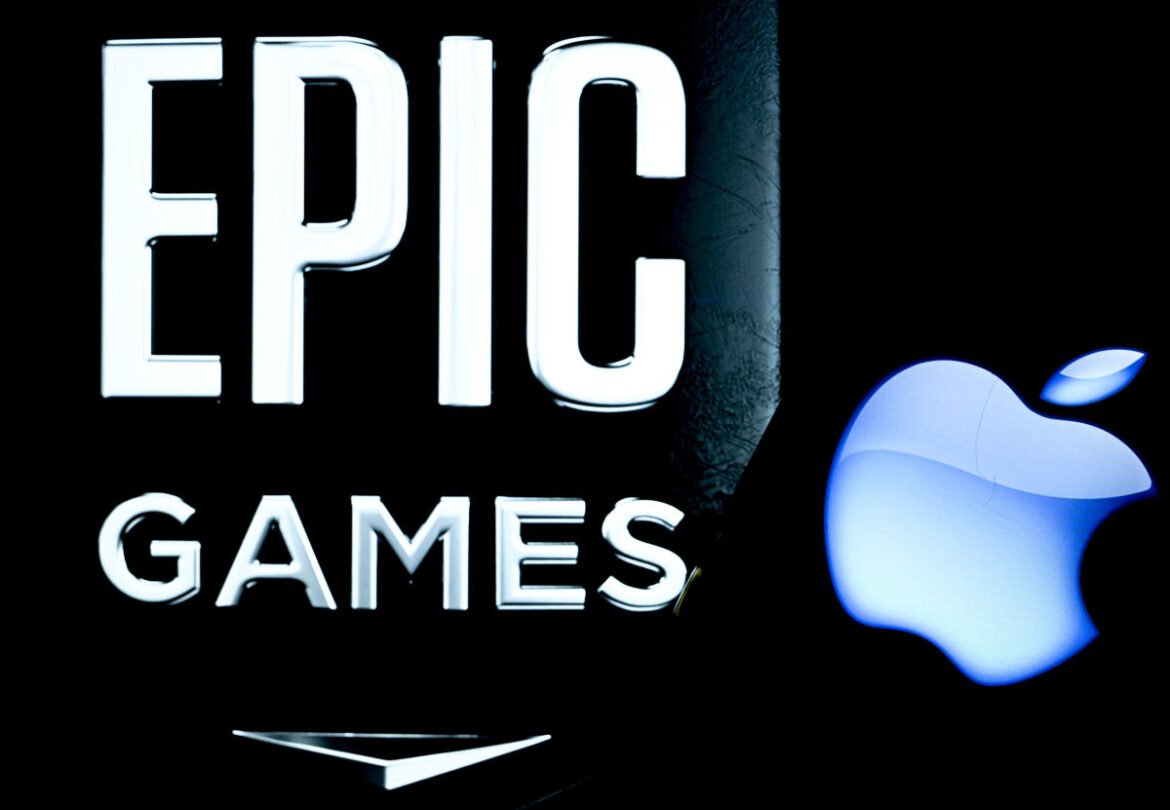Epic Games Apple has finally reinstated its iOS developer account in the European Union. This means that the developer plans to launch a digital storefront for iOS devices sometime this year. More importantly, this will allow users to easily download Fortnite on iPhones.
The company revealed that it would be back in January, but it wasn’t clear if Apple would grant it a developer account. This account makes it much easier for developers to distribute apps and content across Apple’s various platforms.
Fortnite will return to iOS in Europe in 2024, distributed by the upcoming @EpicGames Store for iOS. Stay tuned for details as we figure out the regulatory timeline. We’ll continue to argue to the courts and regulators that Apple is breaking the law. https://t.co/MHh6EGVinC
— Epic Games Newsroom (@EpicNewsroom) January 25, 2024
This is all thanks to the EU’s new Digital Markets Act, which officially goes into effect on March 7. The law designates large services as “gatekeepers,” like Apple’s App Store, and commands them to become interoperable with competing products to remain in compliance. As far as enforcement in this case, the DMA will all developers to take payments and distribute apps on iOS from outside of official App Store. Apps sold by a third-party sales platform still need to be approved by Apple, via the company’s Notarization process, to spot and remove potentially harmful content.
There’s been a lot of bad blood between Apple and Epic ever since the latter company began using its own in-app payment option in the iOS version of Fortnite. Using it’s own payment processing, the 30 percent cut of cosmetic upgrades and power-ups it sold to Fortnite players was no longer landing in Apple’s pockets. This launched a over whether or not Apple’s walled-garden approach was anticompetitive. Epic sued Apple and Apple banned Epic from its platform.
A judge recently issued a permanent injunction that gives developers a way to avoid the 30 percent cut of sales that Apple takes via its in-house payment system. This seemed to satisfy neither company. Apple wasn’t happy about being forced to allow third-party payment options on its platform. Epic was of the injunction, in which it was decided that Apple did not have a monopoly on mobile gaming and did not violate antitrust law by banning competing app marketplaces.
Under what possible theory of antitrust regulation is it acceptable for a monopoly to decide what companies are allowed to compete with it, and on what terms they can compete? Apple makes a mockery of free market competition. https://t.co/BPEdXQ2htt
— Tim Sweeney (@TimSweeneyEpic) January 26, 2024
Apple is also allowed to arrange fee structures to dissuade developers from using a third-party payment option. It’s widely expected that the ruling, as it stands, will not reduce Apple’s current 30 percent cut of App Store sales in any meaningful way. Both companies appealed. California’s Ninth Circuit Court of Appeals upheld the district court’s rulings. The companies took their appeals to the US Supreme Court, but the court refused to hear them. That’s where we stand right now.
As all of this was happening on this side of the pond, the EU passed the aforementioned Digital Markets Act, which also forced Apple’s hand into allowing third-party storefronts on iOS devices. There’s no ongoing legal battle in Europe between the two companies, so EU residents will get to play Fortnite again. Americans will have to rely on Xbox Cloud Gaming or GeForce Now to get the popular shooter running on their Apple device.
In any event, maybe things are cooling off a bit between the two companies. It’s worth noting that Disney recently , to the tune of $1.5 billion. are known
This article contains affiliate links; if you click such a link and make a purchase, we may earn a commission.

